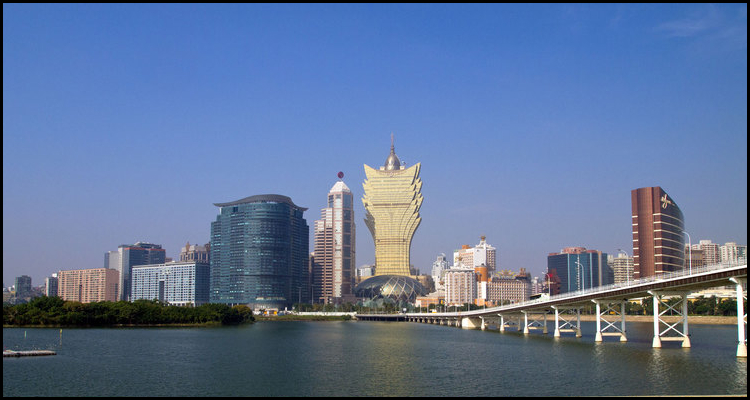In Macau and the government of Chief Executive Ho Iat Seng (pictured) has reportedly announced that it will be officially lowering the enclave’s predicted aggregated gross gaming revenue tally for the entirety of 2022.
According to a report from Inside Asian Gaming, the former Portuguese territory had earlier forecast that its aggregated gross gaming revenues for 2022 would top $16 billion, which would have represented a rise of about 49% year-on-year. The source detailed that this November prophesy nevertheless equated to a decline of roughly 70% when compared with the almost $36.19 billion racked up for the entirety of 2019 before the local casino industry was hit by the closures and travel restrictions engendered by the appearance of the coronavirus pandemic.
Recent rut:
However, aggregated gross gaming revenues for the first five months of 2022 have reportedly come in at just $2.94 billion, which represents a drop of 44% year-on-year, and now look likely to finish the full twelve-month period at something like $7.14 billion. Such a result would purportedly be 55% lower than the government’s earlier forecast and equate to a disappointing slide of around 70% in comparison with the $10.74 billion that was chalked up for the whole of 2021.
Slipping standard:
Macau is home to over 40 casinos operated by MGM China Holdings Limited, Galaxy Entertainment Group Limited, Melco Resorts and Entertainment Limited and SJM Holdings Limited as well as the local Wynn Macau Limited and Sands China Limited subordinates of Wynn Resorts Limited and Las Vegas Sands Corporation respectively. Ho’s government reportedly disclosed that these venues have this year been turning in a less than stellar aggregated monthly run rate of some $589 million, which is along the lines of 34% below the approximately $895.73 million figure seen for 2021, owing to the first-half reappearance of the coronavirus pandemic in mainland China.
Developing duties:
All of the casinos in Macau are reportedly required to pay a 35% gross gaming revenues tax alongside smaller duties for every live dealer table, gaming machine and VIP room they operate that takes their effective rate up to around 39%. Inside Asian Gaming explained that a draft gaming bill currently being considered by local legislators would furthermore look to bring in minimum gross gaming receipt targets for such facilities that officials could raise or lower in the event of ‘force majeure’ or ‘unpredictable’ circumstances.
Dependency detriment:
Inside Asian gaming reported that this proposed legislation, which carries the official Amendment to Law Number 16/2001 moniker, is to additionally suggest placing increased restrictions on the operation of ‘satellite’ casinos. Ho purportedly proclaimed that this move will likely force some of these operations to shut although he expressed optimism about the overall future of this sub-section of the larger Macau gaming industry.
Ho reportedly stated…
“If there are not too many satellite casinos closing down, there is not a big problem.”



